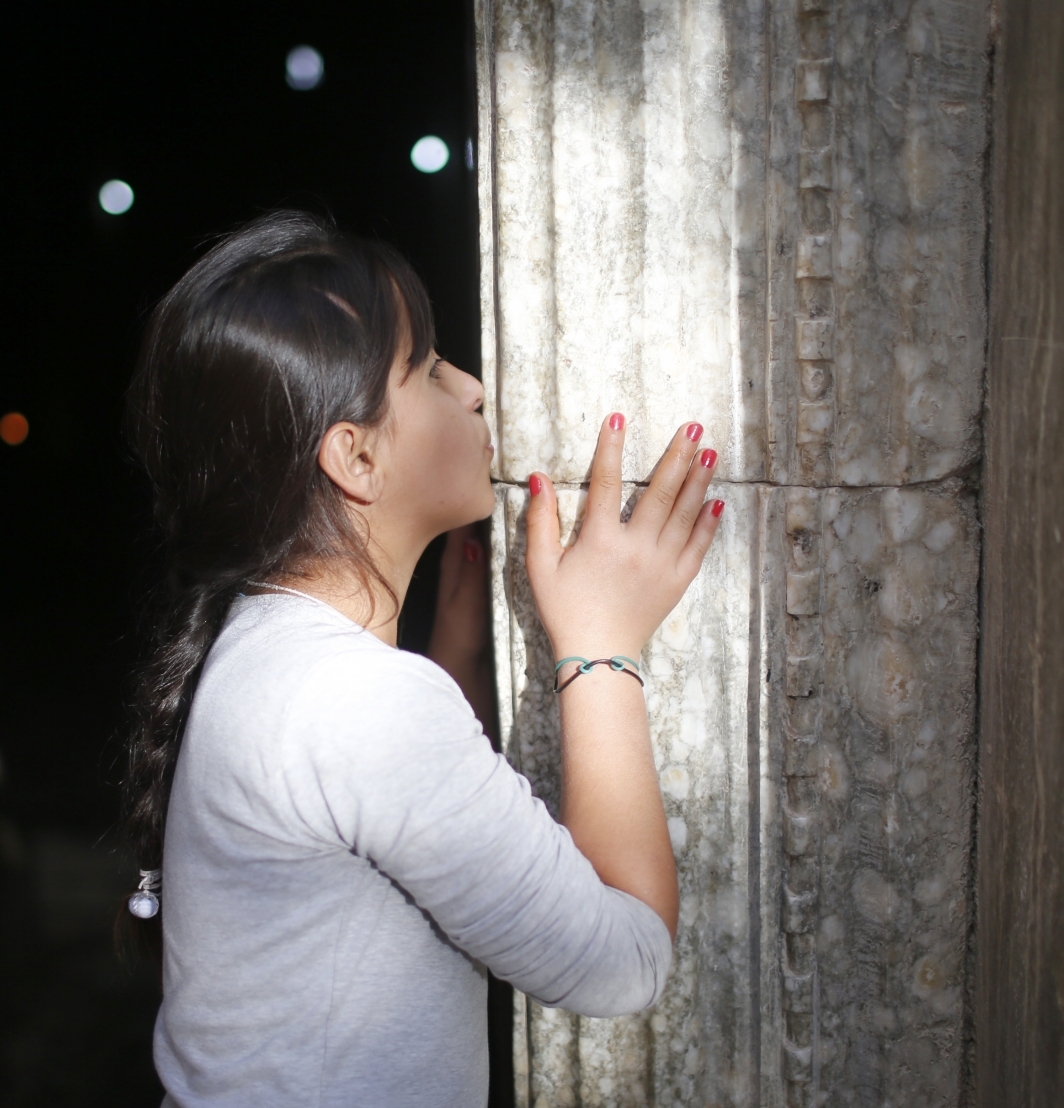Islamic State justifies slavery of Yazidi ‘idolators’ on religious grounds
The Islamic State group said it enslaved families from the minority Yazidi sect after overrunning their villages in northwestern Iraq, in what it praised as the revival of an ancient custom of using women and children as spoils of war. In an article in its English-language online magazine Dabiq, the group provides what it says is religious justification for the enslavement of defeated “idolators.” The ancient custom of enslavement had fallen out of use because of deviation from true Islam, but was revived when fighters overran Yazidi villages in Iraq’s Sinjar region.
This large-scale enslavement of mushrik [idolator] families is probably the first since the abandonment of Shariah law.
Dabiq, the Islamic State’s online magazine
"After capture, the Yazidi women and children were then divided according to the Shariah amongst the fighters of the Islamic State who participated in the Sinjar operations, after one fifth of the slaves were transferred to the Islamic State’s authority to be divided as khums," it said. Khums is a traditional tax on the spoils of war. Dabiq, distributed in a slickly-produced online format, is described by the group SITE, which monitors militant publications, as Islamic State’s English-language magazine. The cover shows a picture of St Peter’s Basilica in Rome, with an Islamic State black flag superimposed in place of the cross atop its obelisk. Several Yazidi women and girls who have escaped captivity have claimed that they were sold to Islamic State fighters in Iraq and Syria. Human Rights Watch recently produced a report including the testimony of a woman who said she saw IS fighters buying girls.

yazidi Middle East